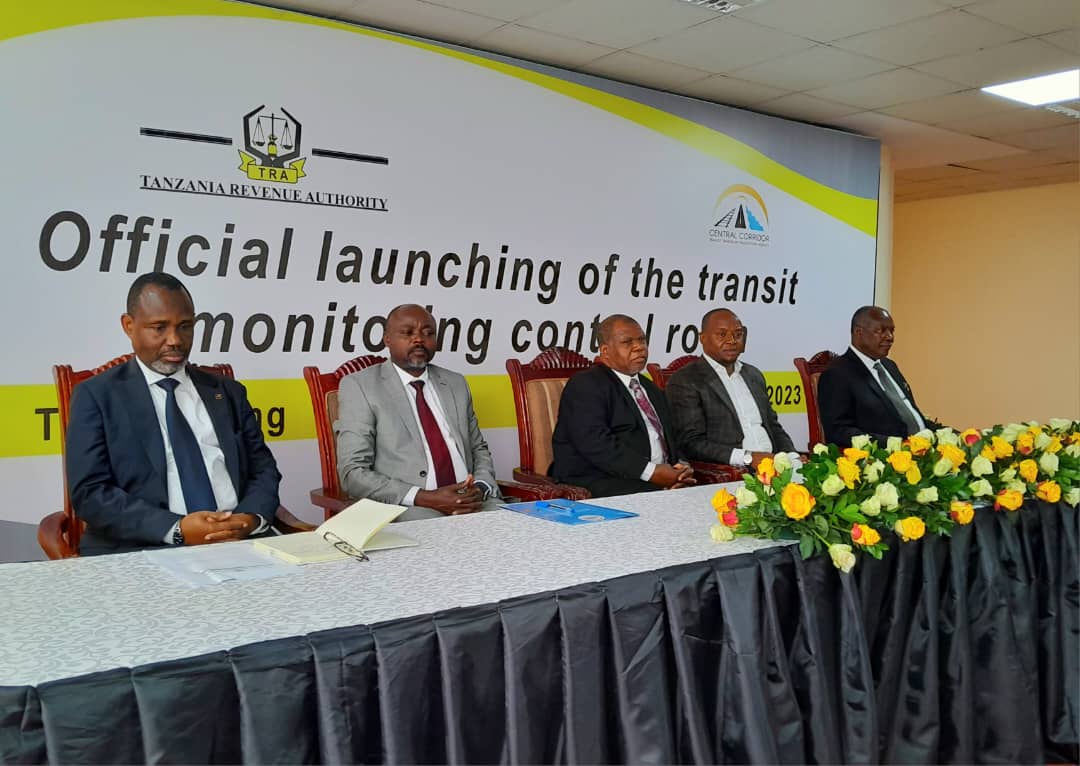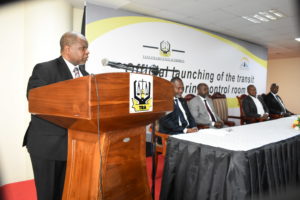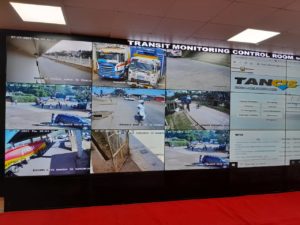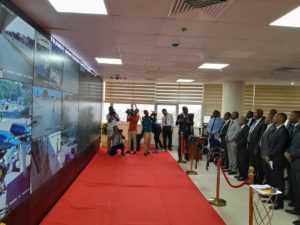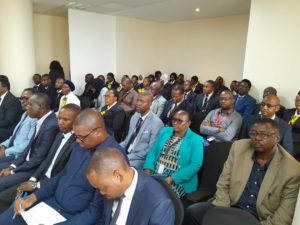On the 27th of July 2023, the Central Corridor Transit Transport Facilitation Agency (CCTTFA) proudly inaugurated the Electronic Cargo Tracking System Control Room, an advanced facility that signified a major step in securing and streamlining cargo transportation along the Central Corridor. The ceremony was graced by the esteemed presence of the Deputy Commissioner General of the Tanzania Revenue Authority (TRA), highlighting the significance of the event.
Key Objectives:
- Enhanced Cargo Security: The primary objective of the Electronic Cargo Tracking System Control Room was to enhance cargo security along the Central Corridor. By utilizing cutting-edge tracking technologies and real-time monitoring, the control room aimed to deter theft, pilferage, and unauthorized diversions of cargo, thereby ensuring the safe and secure transportation of goods.
- Efficient Transit Management: The control room sought to optimize transit management by closely monitoring cargo movements throughout the corridor. With real-time data on the location and status of cargo, logistics and transport operators could efficiently plan routes, anticipate potential delays, and make informed decisions to expedite deliveries.
- Compliance and Revenue Collection: Implementing an electronic cargo tracking system helped in ensuring compliance with customs regulations and tax requirements. By closely monitoring cargo in transit, the control room enabled TRA to efficiently collect duties and taxes, contributing to the overall revenue generation for the country.
- Promotion of Trade Facilitation: The Electronic Cargo Tracking System Control Room played a crucial role in promoting trade facilitation between partner countries within the Central Corridor. By simplifying cross-border cargo movements and reducing transit times, it fostered smoother trade processes and enhanced economic cooperation.
Key Features of the Control Room include:
- Advanced Cargo Tracking Technology: The control room incorporated state-of-the-art GPS and RFID technology to track cargo movements in real-time. This enabled stakeholders to have complete visibility and control over the transit process.
- Centralized Monitoring and Reporting: The control room provided a centralized platform for monitoring and reporting cargo movements. Various agencies, including TRA, customs, and relevant authorities, could access the system to ensure seamless coordination.
- Instant Alerting System: An automated alerting system was integrated into the control room, notifying authorities of any deviations or incidents during transit. This allowed for quick responses to potential security threats or emergencies.
- Data Analytics and Insights: The Electronic Cargo Tracking System generated valuable data and analytics on cargo transit patterns, allowing for data-driven decision-making and optimization of transportation processes.
With the successful launch of the Electronic Cargo Tracking System Control Room, the Central Corridor TTFA and TRA reaffirmed their commitment to enhancing the region’s logistics and transportation infrastructure. By leveraging technology and collaboration, they aimed to further improve cargo security, transit efficiency, and trade facilitation in the Central Corridor. As the system continued to evolve and be fine-tuned, it was expected to serve as a model for other regions seeking to enhance cargo transportation and bolster economic growth through effective trade facilitation.
The Deputy Commissioner General of TRA’s presence at the inauguration demonstrated the government’s dedication to leveraging technology for the betterment of the country’s customs and revenue collection processes. With continued support and innovation, the Electronic Cargo Tracking System Control Room is poised to make a significant and positive impact on the region’s economic development and trade integration.

